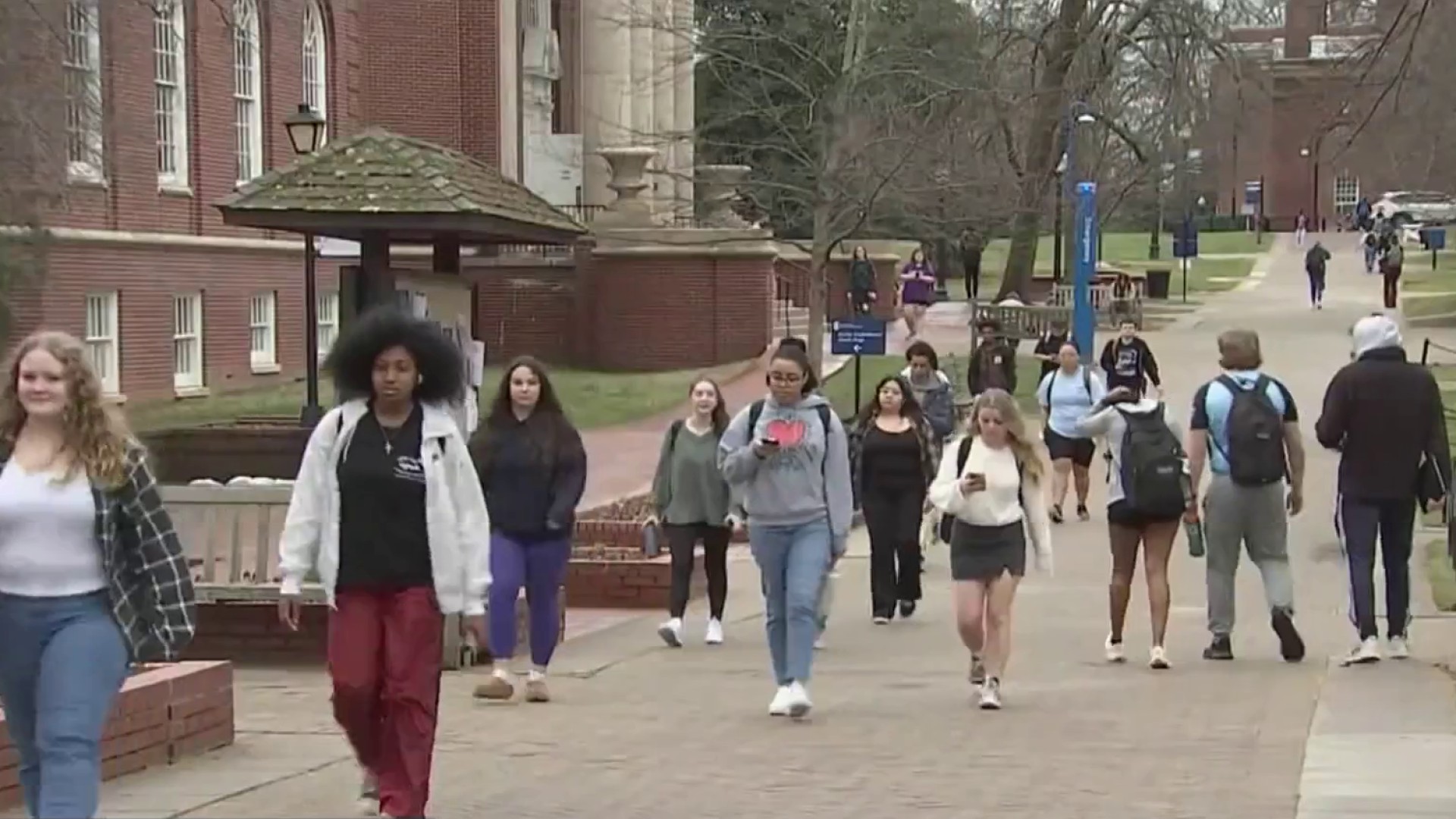
Forty-four farms in Mississippi exploited local Black workers by paying higher wages to immigrants who were in the United States on temporary work visas, the U.S. Labor Department said Wednesday.
The department announced it completed investigations that it began last year in the rural flatlands of the Mississippi Delta, one of the poorest areas of the U.S.
The 44 farms include catfish growers and operations that raise crops such as rice, soybeans and corn. They have paid $505,540 in back wages for 161 workers, plus $341,838 in civil penalties, the department said.
“The outcome of these investigations confirms that employers in the Mississippi Delta denied a large number of marginalized farmworkers their lawful wages, and in some cases, violated the rights of U.S. workers by giving temporary guest workers preferential treatment,” said Audrey Hall, district director of the Wage and Hour Division in Jackson, Mississippi.
Get Philly local news, weather forecasts, sports and entertainment stories to your inbox. Sign up for NBC Philadelphia newsletters.
The Labor Department announced its findings six months after two agriculture businesses in the Delta settled lawsuits filed on behalf of local Black farmworkers over claims that farms hired white laborers from South Africa and paid them more than the local Black employees for the same type of work.
The Labor Department said Wednesday that its investigations found employers violated several requirements of the H-2A visa program, including by failing to pay the required wages to U.S. workers in jobs similar to those held by immigrants.
The department also said the farms did not disclose all conditions of employment, failed to provide accurate anticipated hours of work and bonus opportunities, made illegal pay deductions, failed to provide required reimbursements for travel expenses and failed to comply with recordkeeping requirements.
U.S. & World
Stories that affect your life across the U.S. and around the world.
Mississippi Center for Justice filed one of the lawsuits that was settled last year. The center collaborated with the Labor Department to protect the exploited workers, said Juan Coria, department’s Atlanta-based regional administrator.
Hall praised local Black farmworkers for speaking out about the problems.
“The courage they showed has helped workers across the Delta finally receive their long overdue wages,” Hall said.



